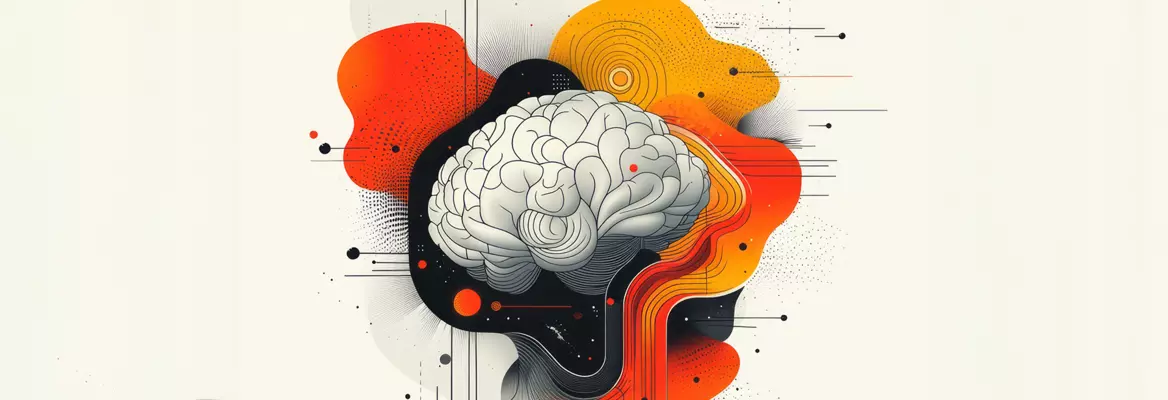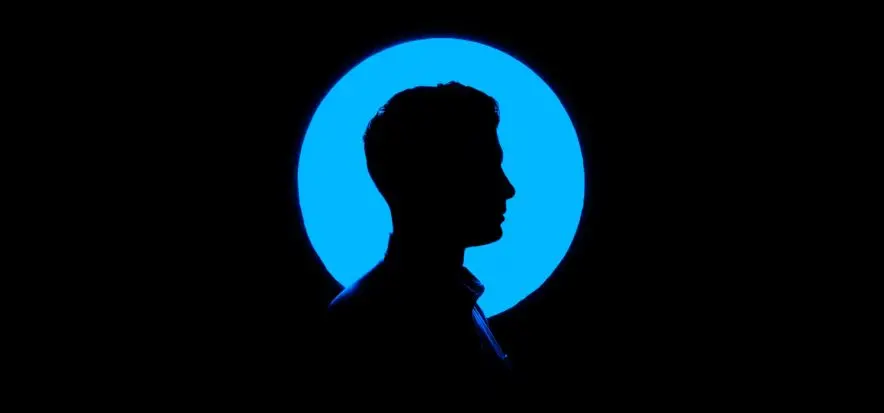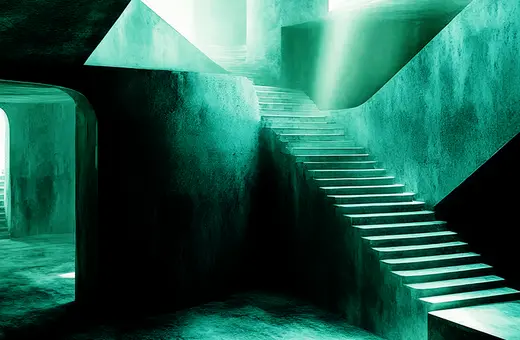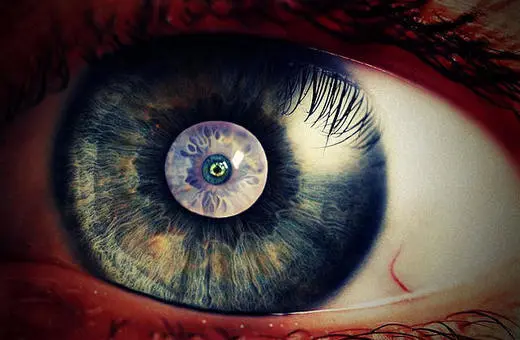In the early 20th century, the mathematician Godel showed that any mathematical system is incomplete, using a version of the self-referential paradox: 'this sentence is not true'. Here, neuroscientist and philosopher, Erik Hoel, argues this incompleteness extends to the scientific project as a whole; in part due to science’s reliance on mathematics. More radically, Hoel argues, this incompleteness of science may account for why we can't find scientific evidence for consciousness anywhere in the world.
Let's say you lived in a universe where you really were some sort of incarnated soul in a corporeal body. Or some sort of agent from a vaster reality embedded in a simulation (depending on definitions, the two scenarios might not be that different). What would the science in such a dualistic universe look like?
It would probably look like this: in an incarnated-soul universe, the laws of physics make sense, and are nice and rule-following, except for one notable absence, which is that no one can explain how exactly corporeal bodies (or simulated ones) have a you. The incarnated/simulated scientists would open up the incarnating/simulating brains and say, “Hmm, it looks like it's following all the physical rules, but we can’t explain how you fit into this thing!” There would be, in other words, an explanatory gap between being you and the incarnation of you. Great scientists and philosophers would write books saying things like:
No explanation given wholly in physical terms can ever account for [it].
I regard [it] as fundamental. I regard matter as derivative from [it].
I believe that the present laws of physics are at least incomplete without a translation into terms of [it].
Which is exactly the kind of thing great thinkers write in our universe (here, David Chalmers, Max Planck, Eugene Wigner, respectively).
What would the state of the rest of science be there? For one, their version of neuroscience would lag significantly behind. Which again, looks like our universe, where there is no accepted lawful way to relate brain states to conscious experiences—what it is like to be you. It is an odd position to be in, given the success of science in so many other domains!
What else? Well, it’s likely that in the incarnated-soul universe, their version of AI would suspiciously have nothing to do with how the brain works. It would be as if they had discovered this totally orthogonal form of intelligence, one based more on all the actual sensible physical rules, and not based off of mysterious confusing soul stuff. An orthogonality which, uh—and things are getting uncomfortable here—is arguably also the case in our universe.
One could go whole hog and say that this all points to proof of religion. But which one? What details? A gap of inexplicability doesn't recommend anything.
And it feels a bit too easy, right? For there is another explanation, one rarely explored, which is that there is no way to set up a universe without this sort of confusion. Which ends up being the same as asking: Are all scientific facts knowable? Or is science fundamentally incomplete?






















Join the conversation